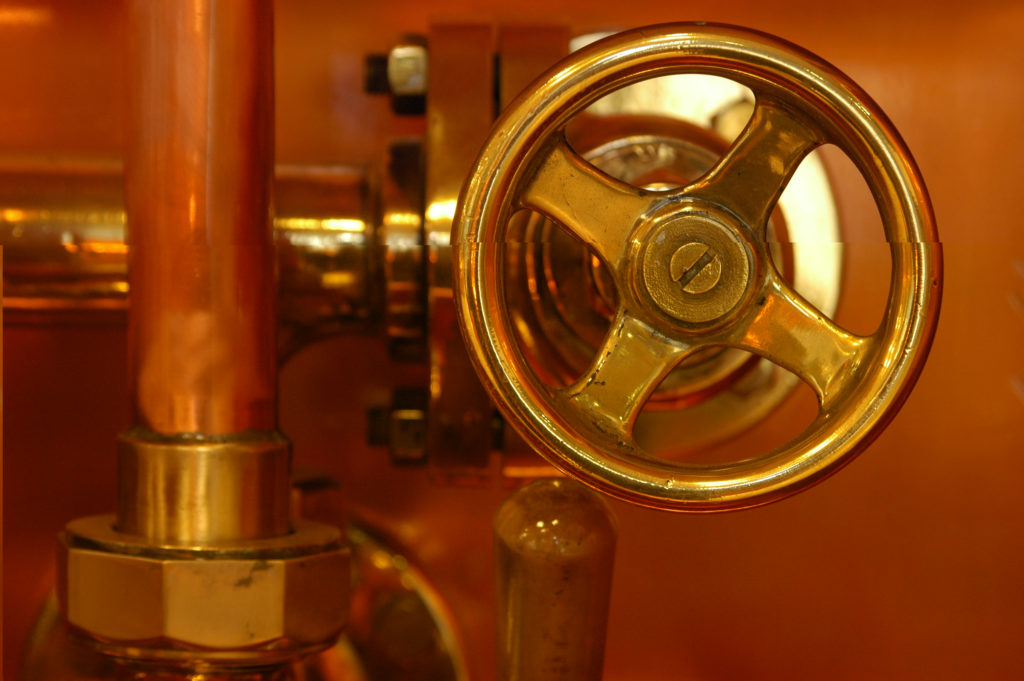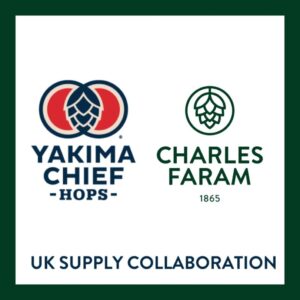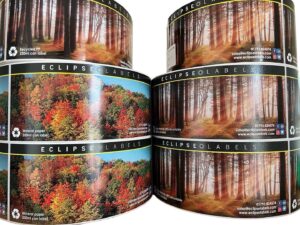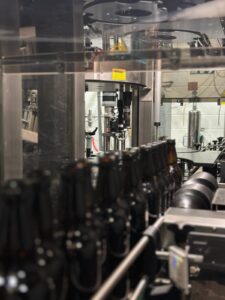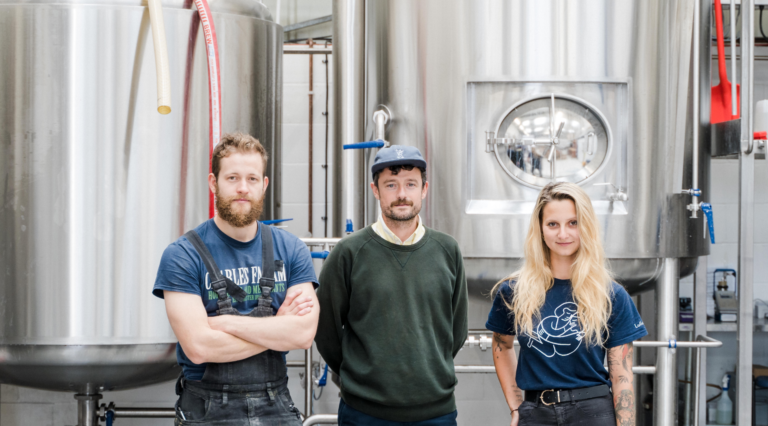In setting out to produce a well-crafted beer or range of beers of style and flavour, you, the Brewer, will have doubtless made careful choice of the ingredients. But one ingredient that provides up to 97% of the mass and is the medium for the rest is not in that shopping trolley – water. Water is cheap but heavy, so acquiring ready-to-go water off the shelf is not usually an economic option. The local source must be used, whether it is mains supply or a private borehole or other abstraction.
Water is hugely variable throughout the world, it is abundant with minerals and organic compounds that have the ability to elevate an ordinary recipe to the status of a world classic, or drown it in the shallows of mediocrity. Luckily for brewers, water is also a flexible substance that can be made to order to brew beers of any style — provided it is treated correctly.
The local water source will, without further treatment, have a major impact on the types of beer produced. It is no coincidence that brewers in Munich make dark, malty lagers; or that early immigrants settling in the American Midwest (where the water was soft like that of Bohemia) brewed Pilsener-like lagers and that those in Burton-on-Trent brew hoppy pale ales
For instance when you examine the ’famous’ Burton water with beer in mind, it has a higher sulphate content than any other major brewing centre in the world which gives Burton beer a dry, slightly sulphurous aroma.
Fortunately, brewers can brew beyond the limitations of their local water supply to create excellent beers of any style. In most cases it takes only a few simple changes to the mineral content of the available water supply to create a medium that will bring out the flavours the brewer desires. Simplistically, the “water treatment plan” process can be divided into three components: Know your water know your objectives and select appropriate treatment.
Know Your Water
All plans for water treatment require knowledge of the analysis of the local water.
This information may be obtained by asking the local water supplier for a copy of their most recent water quality report; this can usually be obtained from the supplier’s website. Remember that the quality of the water supply can vary from day to day and, in some parts of the country, the local mains supply can be sourced from differing resources at various times throughout the year. If in doubt, get it tested!
The key areas to consider in the water analysis are: Hardness, and pH/Alkalinity.
Hardness: Hardness is basically the calcium content, usually reported as “ppm hardness as CaCO3.”
Sometimes the analysis shows just the calcium content as Ca++ – if this is the case multiply this value by 2.5 to get the hardness as ppm CaCO3
Calcium levels in the 50 – 150 mg/l (as CaCO3) range are desirable to ensure the brewing process runs as intended, and additives should be considered if your water profile has calcium levels below 50 mg/l.
pH/Alkalinity: Alkalinity is usually used to calculate the amount of Bicarbonate in the water.
Bicarbonate is a strong buffer and also helps to determine the amount of temporary hardness in the water.
Waters with higher levels of carbonate (temporary) hardness tends toward a pH > 7.5. The optimum range for liquor is Ph 6 – 7.
Permanently hard water is ideal for brewing but temporarily hard water (containing more than 50 ppm alkalinity as CaCO3) is more problematic in brewing and may need to be treated to reduce bicarbonate levels.
Know Your Objectives
The objectives here are the type or types of beer you want to produce. You have done your research, you know what you like. Does the local water meet your requirements? If not, or you want to produce a range of beers, what will you need to do to the water to achieve your objectives at an economic cost? The water required for a light lager through to a porter will be quite different. But I am in danger of preaching to the choir here – this part is your vision and your mission.
Select Appropriate Treatment
I do not intend to go into detail about water treatment at this stage – I shall save this for a future article. Now that you Know Your Water and Know Your Objectives you can get help from a number of companies with expertise and long experience of water treatment for commercial and industrial processes in selecting the appropriate capital and operating processes.
The commercial and industrial water sector is replete with friendly, approachable, professional people who will be only too happy to help you through this process with the aim of providing you with a long-term effective, efficient and economic solution to your water treatment requirements. So, don’t overlook the importance of water in your plans – it can make or break them.

